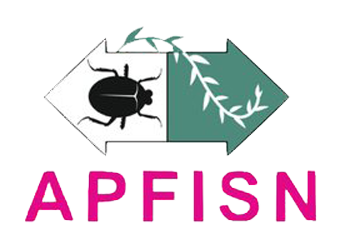
Effective weed control is essential for maintaining forest health. Without intervention, invasive weeds can create monocultures, reduce biodiversity, and weaken the entire ecosystem. Their unchecked growth threatens not only plants but also the animals and insects that depend on native vegetation for food and shelter. Additionally, invasive species can exacerbate the effects of climate change, making ecosystems even more vulnerable.
The challenge in managing invasive species lies in their adaptability and resilience. These plants often thrive in disturbed environments, making it harder for native species to recover. Forest managers must balance maintaining natural habitats with using effective and sustainable methods to control invasive plants.
